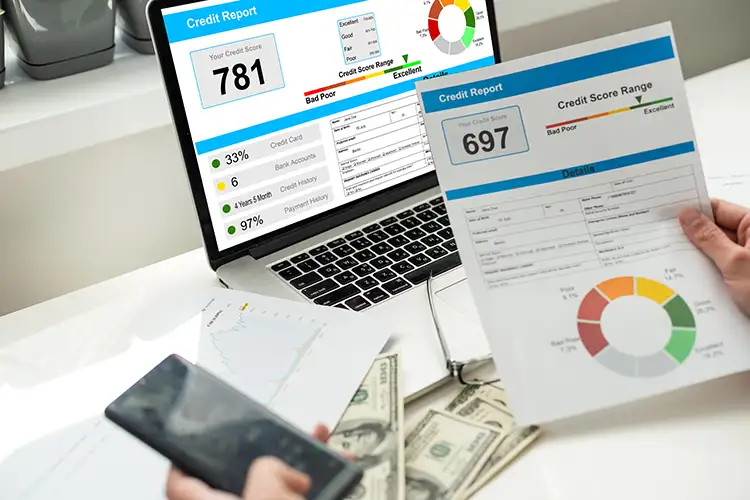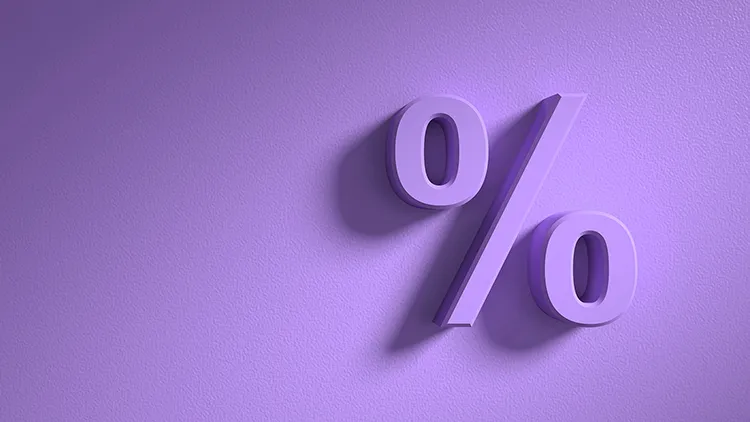The Home Buying Process

Buying a home is a major life decision—and while it can feel overwhelming, having a clear game plan makes it much more manageable. Here's a step-by-step guide to help you move from credit check to keys in hand.

-

Step 1: Check Your Credit
Before applying for a mortgage, it's smart to review your credit report. You can request a free report from each of the three major credit bureaus—Equifax, TransUnion, and Experian—at AnnualCreditReport.com.
Make sure your information is accurate and dispute any errors to avoid issues during the loan process. -

Step 2: Determine What You Can Afford
Your lender may approve you for more than you're comfortable spending—so take time to assess your personal budget and financial goals.
Use a mortgage affordability calculator to estimate how much home you can realistically afford, then research your local market to get a feel for home prices. A Sirva Mortgage Consultant can walk you through the numbers and help you find a loan option that fits your lifestyle. -

Step 3: Find a Real Estate Agent
A good real estate agent is your guide, advocate, and negotiator throughout the process. They’ll help you find the right home, make smart offers, and navigate all the details.
As a buyer, you typically won’t pay your agent’s commission—that cost is usually covered by the seller. Look for someone with experience in your desired area and who understands your goals. -

Step 4: Get Pre-approved by a Lender
Getting preapproved before you start house hunting helps you shop with confidence—and makes your offer more competitive when you find the right home.
Sirva Mortgage offers no-cost, no-obligation preapprovals over the phone in under 30 minutes. A Mortgage Consultant will:- Review your credit
- Assess your income, assets, and financial needs
- Provide a preapproval letter showing how much you can borrow
This letter can give you an edge, especially in competitive markets. -

Step 5: Start House Hunting & Make an Offer
With your preapproval in hand, it's time to explore listings and visit homes. Your real estate agent can help you schedule tours and compare properties.
When you find the right one, they’ll guide you in writing and submitting an offer. That offer will include price, terms, and any contingencies—such as a home inspection or financing approval. -

Step 6: Lock In Your Interest Rate
Once your offer is accepted, you’ll work with your Sirva Mortgage Consultant to lock in your interest rate and finalize the mortgage product that best meets your needs.
Sirva Mortgage compares over 200 loan products from top national lenders—so you get a competitive rate without having to shop around. -

Step 7: Schedule a Home Inspection
A professional home inspection is your chance to uncover any hidden issues with the property. Your agent can help you find a qualified inspector.
If any problems arise, you may be able to negotiate repairs or credits with the seller before moving forward. -

Step 8: Loan Processing Begins
At this stage, your loan moves into processing. Behind the scenes, your loan team will:
- Order a home appraisal
- Verify income and assets
- Gather documentation for underwriting
This is also the time to line up homeowners insurance, prepare for utility setup, and start planning your move. -

Step 9: Closing Day
Once your loan is fully approved, it's time to close. Your Sirva loan closer will guide you through the final details, including:
- Sending you your closing disclosure
- Coordinating your closing date
- Letting you know how much money to bring to the closing table
-

Step 10: Make Your House a Home
Congrats—you're officially a homeowner! Your contract will specify when you can move in, which is often the same day or shortly after closing.
Now it's time to settle in, unpack, and start enjoying your new home.